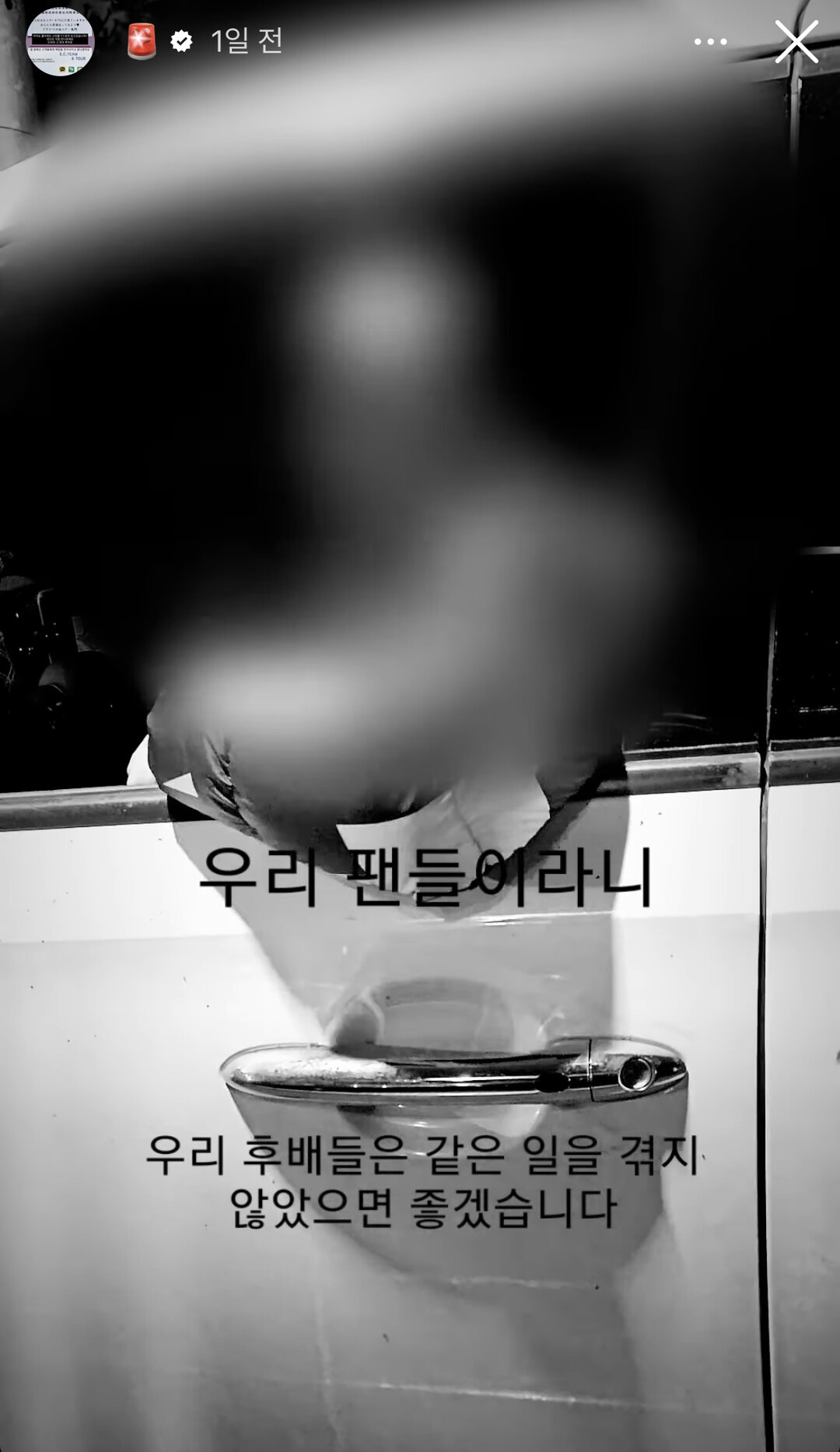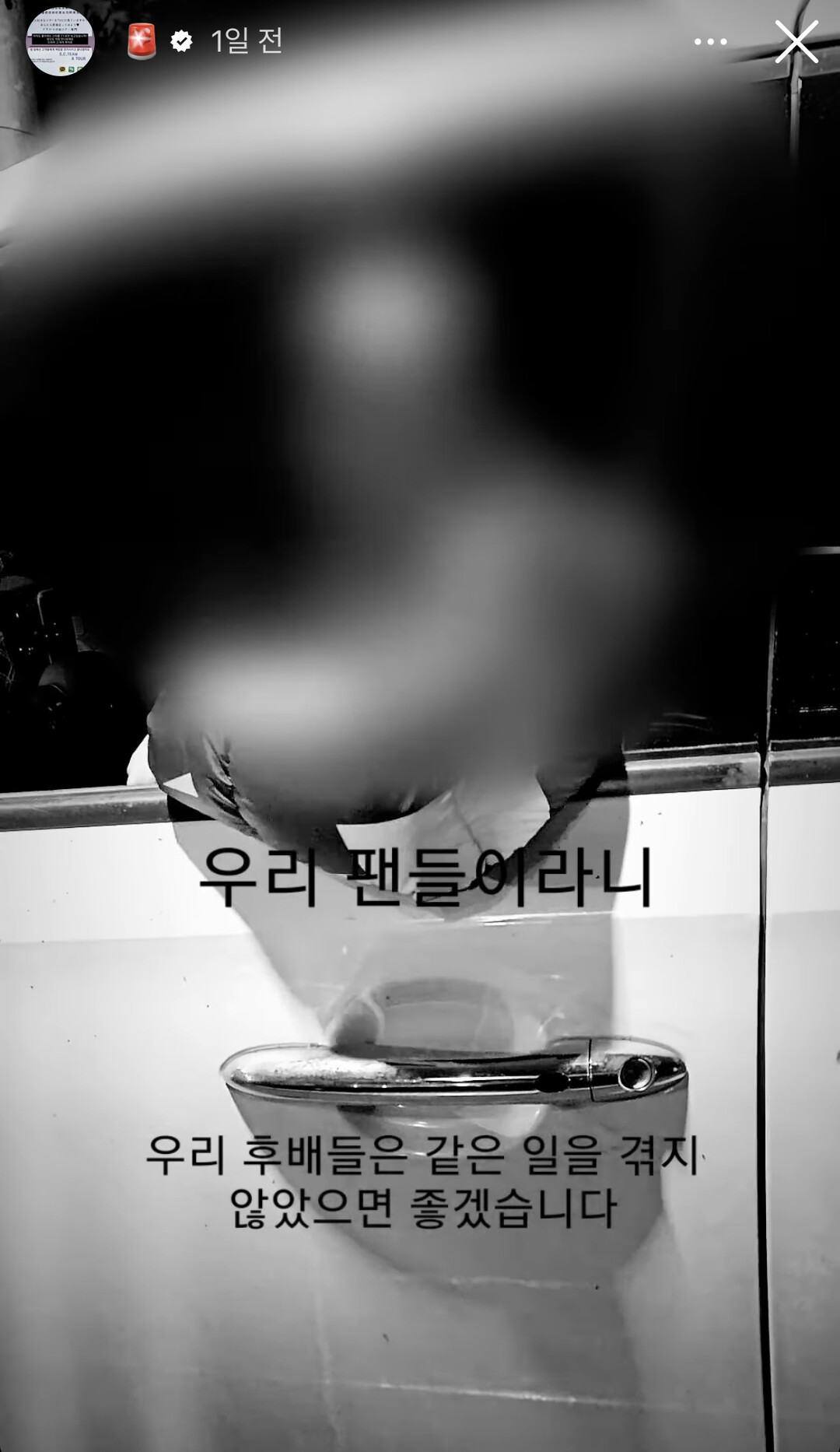Courtesy of Kim Jae-joong's Instagram account
For nearly two decades, K-pop artist Kim Jae-joong has grappled with persistent stalking from fans seeking glimpses into his private life. In a recent move, Kim decided to address the issue head-on, taking legal measures against "stans" — a term coined in reference to obsessive fans displaying problematic behavior.
Inkode Entertainment, Kim's agency, confirmed on Monday that they are gathering information about the artist's stalkers and the private taxis hired by fans for this purpose. This decision follows Kim's Instagram post on Jan. 22, where he shared a photo of the private taxis hired by his fans, expressing his frustration with the relentless pursuit.
 |
| ▲ Courtesy of Kim Jae-joong's Instagram account |
Kim Jae-joong, who debuted as a member of TVXQ in December 2003, has consistently dealt with obsessive fans throughout his career. Since publicly declaring a legal war against stans, his agency notes a sudden disappearance of such individuals, indicating a shift in behavior.
However, Kim is not the sole K-pop artist facing challenges with problematic fans. The globally renowned group BTS has encountered instances of obsessive fans sending deliveries and letters to members' homes, and even breaking into them. Big Hit Music, their agency, has taken legal action by filing criminal complaints related to stalking and home invasion.
Members of NCT, another prominent K-pop boy group, have also experienced invasive fan behavior. Incidents include a fan entering the home of Haechan and a break-in at the hotel room where Jaehyun stayed during the group's US tour. SM Entertainment, representing NCT, publicly addressed these incidents to underscore the severity of privacy infringement and warn fans against such actions.
In August last year, Hybe, the parent company of BTS, announced legal action against obsessive stalking by fans, recognizing the need to curb such behaviors for the industry's continued growth. Industry sources emphasize the necessity for stronger punishment of stans, considering the existing laws against stalking.
Stalking, as defined by the law, can result in up to three years in prison or a fine of up to 30 million won ($22,500). As the K-pop industry grapples with these challenges, artists and agencies are taking a stand against intrusive fan behavior to protect the well-being and privacy of their talents.
Sayart
Sayart, sayart2022@gmail.com









